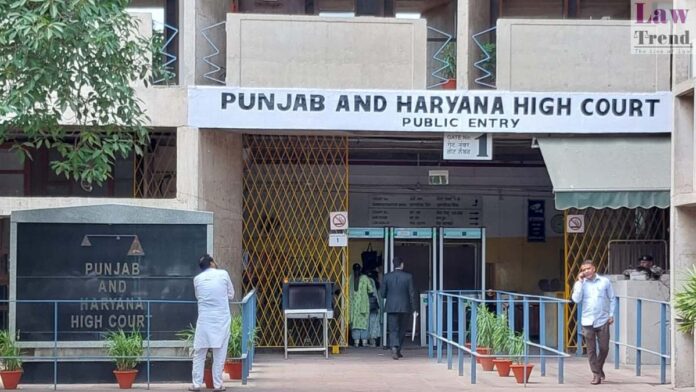A fresh flashpoint has emerged in the long-standing water-sharing conflict between Punjab and Haryana, with a petition filed in the Punjab and Haryana High Court on Saturday challenging the alleged deployment of Punjab Police personnel at the Bhakra headworks.
The petition, filed by advocate Ravinder Singh Dhull, accuses the Punjab government of “illegally deploying” police forces at the Bhakra Beas Management Board (BBMB) headworks and Lohand Khud escape channel. According to the plea, this action has obstructed the regulated release of water to Haryana, thereby violating inter-state water-sharing agreements and citizens’ fundamental rights under Article 21 of the Constitution.
The petition alleges that Punjab has taken unilateral control of crucial infrastructure regulating water release, locking the room that controls water supply at Nangal dam and handing its keys over to police authorities. “If the police do not permit the regulator gates at Bhakra headworks to be operated, Haryana cannot receive its rightful allocation of 8,500 cusecs,” the plea states.
This legal intervention follows Punjab’s decision to limit Haryana’s water allocation to 4,000 cusecs, despite a BBMB technical committee decision on April 23 recommending the release of 8,500 cusecs — 7,000 for Haryana, 1,000 for Delhi, and 500 for Rajasthan. Punjab dissented from this decision and has refused to comply, citing that Haryana had already consumed 103% of its annual allocation by March.
The petitioner has called Punjab’s actions a “constitutional betrayal,” accusing it of triggering a law and order crisis by militarizing water infrastructure. “Bhakra dam is a national resource that supplies irrigation and drinking water to Himachal Pradesh, Punjab, Haryana, Rajasthan, and Delhi,” the plea highlights, adding that any disruption has grave consequences for millions of people.
Punjab Minister Harjot Singh Bains had recently confirmed that the state had “taken control” of the Nangal dam and fortified the site with increased security.
The High Court has been urged to intervene in what the petitioner describes as an “inhuman and unconstitutional act” that jeopardizes the lives and livelihoods of residents across Haryana and beyond.
The BBMB, constituted under the Punjab Reorganisation Act, 1966, is responsible for equitable water distribution from the Bhakra, Pong, and Ranjit Sagar dams among partner states. The current standoff, however, underlines the growing tension over water rights in a region grappling with increasing scarcity and political friction.
The BBMB, constituted under the Punjab Reorganisation Act, 1966, is responsible for equitable water distribution from the Bhakra, Pong, and Ranjit Sagar dams among partner states.




